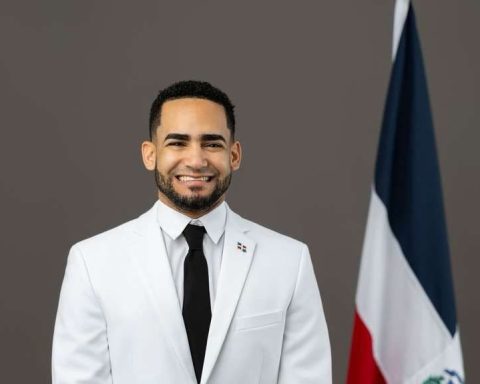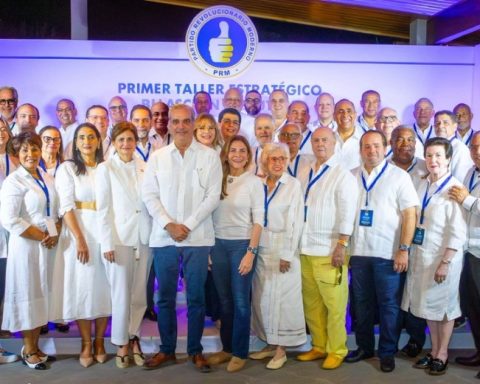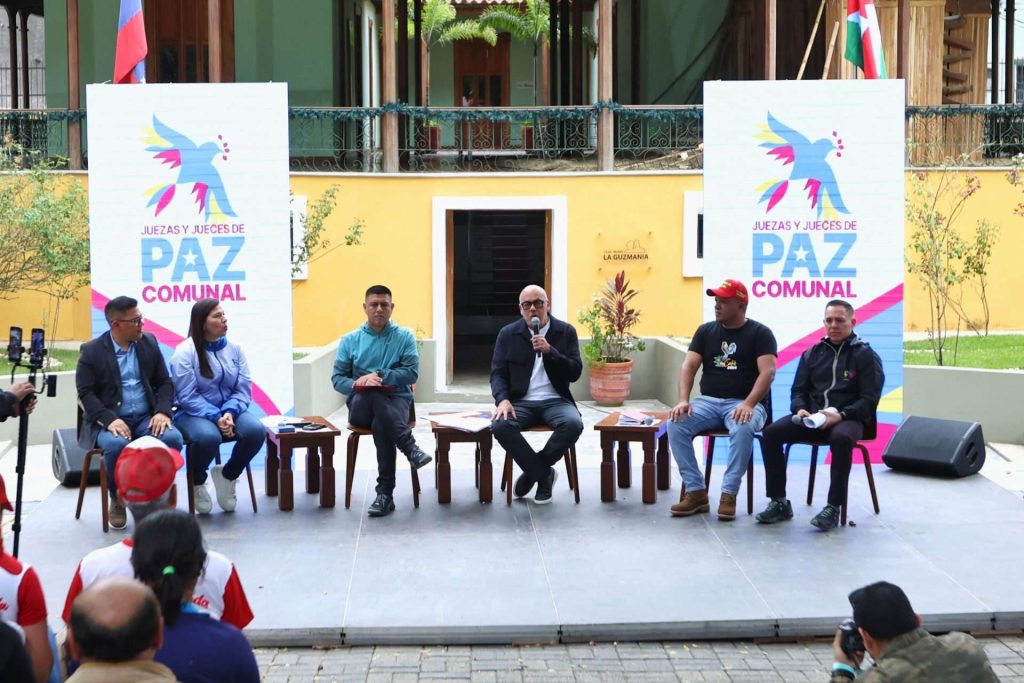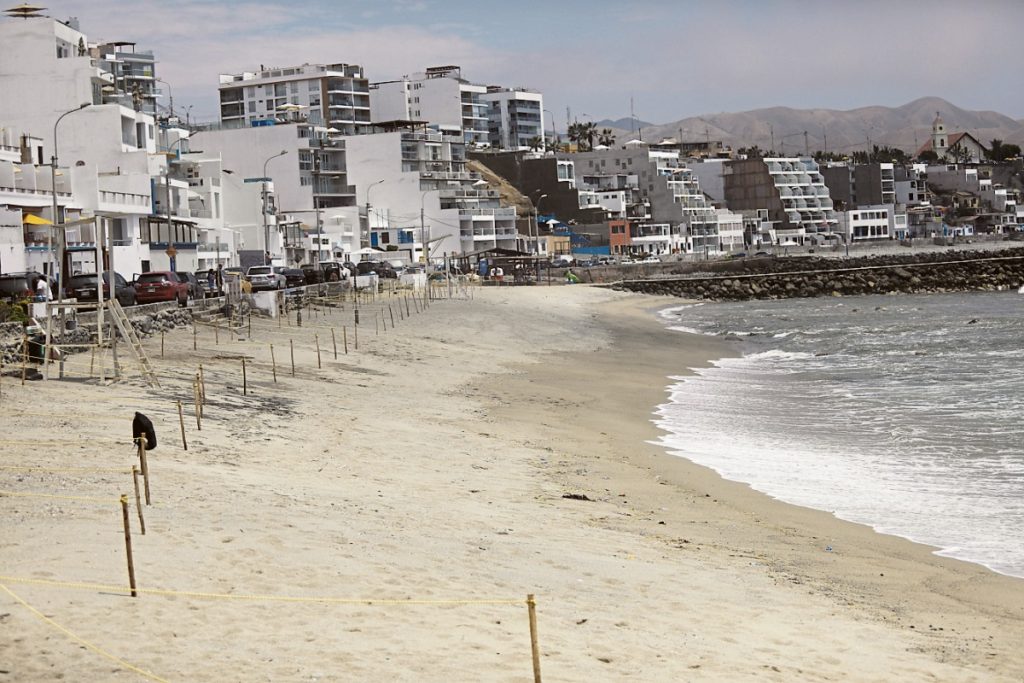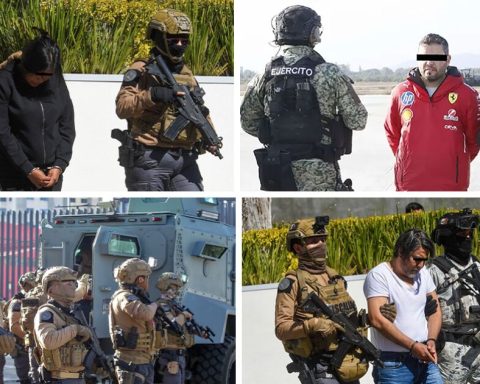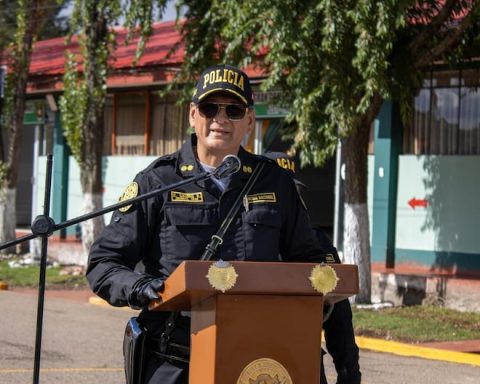Santo Domingo. – The lawyer and writer Carlos Salcedos is the new member of the Dominican Language Academyand in his entrance speech he highlighted the relationship that exists between literature and the rightwho in their opinion are indispensable allies in the search for justice and equity.
For the jurist and columnist of the newspaper El Díawhile “law organizes coexistence, literature humanizes and complements this effort, revealing the failures of the system and offering new ways of thinking and acting.”
Likewise, he maintains that the literature is a transformative tool that, by imagining beyond reality, helps build a world where rights are not only proclaimed, but also respected and lived.
“Literature not only sensitizes legal operators, but also educates citizens, strengthening public opinion as an engine of democratic change,” said the academic when accepting the election as a new full member of the organization affiliated with the Royal Academy of the Spanish Language.
Salcedo, who now occupies the seat left by the award-winning poet and writer Lupo Hernandez Ruedaalso highlighted the capacity that literature has to train jurists, providing them with essential interpretative and argumentative tools to face ethical and legal dilemmas.
Citing philosopher Martha Nussbaum, the lawyer stated that literary narrative It complements legal rationality by illuminating human emotions and needs that laws often overlook.
Salcedo also highlighted the fundamental role that literature throughout history in the criticism and transformation of legal systems. According to the lawyer, from the stories of Kafka and Dostoevsky to contemporary works such as a crime novel by Jorge Volpi, literature has questioned the structure of judicial systems, denouncing their injustices and the oppression they often exert on individuals.
Likewise, he added that authors such as Gabriel García Márquez, Mario Vargas Llosa, Octavio Paz and Miguel Ángel Asturias, although they were trained in law, used their works to address ethical and legal conflicts, creating an interdisciplinary current known as “law and literature.”
Likewise, he emphasized the influence of latin american literature in legal reflection, pointing out works such as La fiesta del chivo by Mario Vargas Llosa, which exposes the arbitrariness of Rafael Trujillo’s dictatorship, and a crime novel by Jorge Volpi, which denounces the corruption and failures of the Mexican judicial system.

